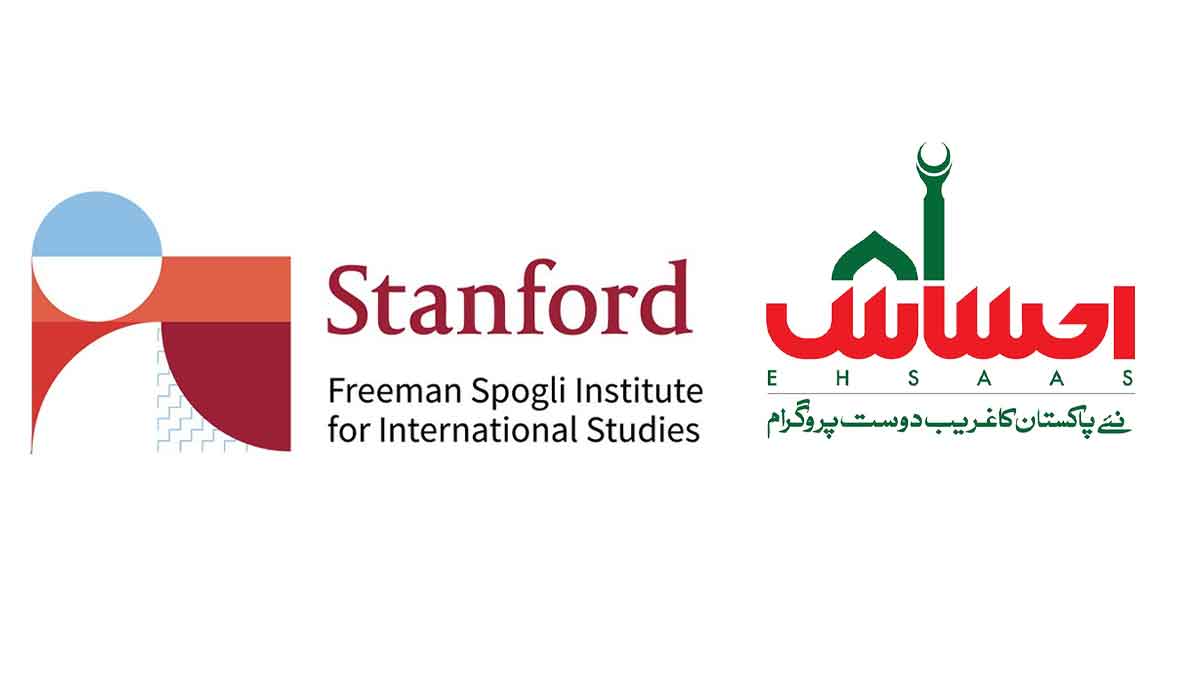Stanford University has issued a publication on how the world can learn from Imran Khan’s poverty alleviation Ehsaas Program initiated by the PTI government from 2018 onwards.
Stanford University acknowledged the program in June 6 article titled as “Frameworks for a Developmental Welfare State: Lessons From Pakistan’s Ehsaas Program.”
The Government of Pakistan has still been executing the Ehsaas Program – Khan’s main initiative toward a welfare state in order to improve the living conditions of the poorest and most vulnerable segment of the population.
Ehsaas program offers cash transfers to eligible families, as well as access to education, health, and livelihood services. As of May 2020, more than 4 million households benefited from the Khan’s initiative.
Moreover, it includes the launching of a national social safety net portal and also the introduction of a social security card.
Read more: Ehsaas Rashan Riayat Program launched to provide 30% monthly subsidy on daily use items
The Program remains successful in helping many of the most vulnerable citizens of Pakistan and is said to be a world-leading anti-poverty effort.
Furthermore, the publication explores several policies, programmatic, and implementation of reforms undertaken during this period, with emphasis on the lessons these reforms offer for international policymakers.
In general, the study underlines the importance of “good leadership, building strong institutions, effectively using data and technology, and of using an integrated, inclusive approach to anti-poverty.”
The findings specify that “these reforms have enabled Ehsaas to successfully scale impact, increase transparency, and improve the efficiency of its interventions, whilst building trust amongst beneficiaries and program administrators.”
Recently, Microsoft co-founder Bill Gates named the Ehsaas program a ‘state of the art’ initiative of the country, intended at alleviating poverty and extending support to the marginalized communities of the country.
Bill Gates remarked after he met former special assistant to the PM on poverty alleviation Dr. Sania Nishtar during his first-ever visit to Pakistan.
Quoting the Stanford University findings, Pakistan Tehreek-e-Insaf (PTI) chairman Imran Khan said that his government laid the foundation of a welfare state for the ‘first time’ in Pakistan’s history.





















